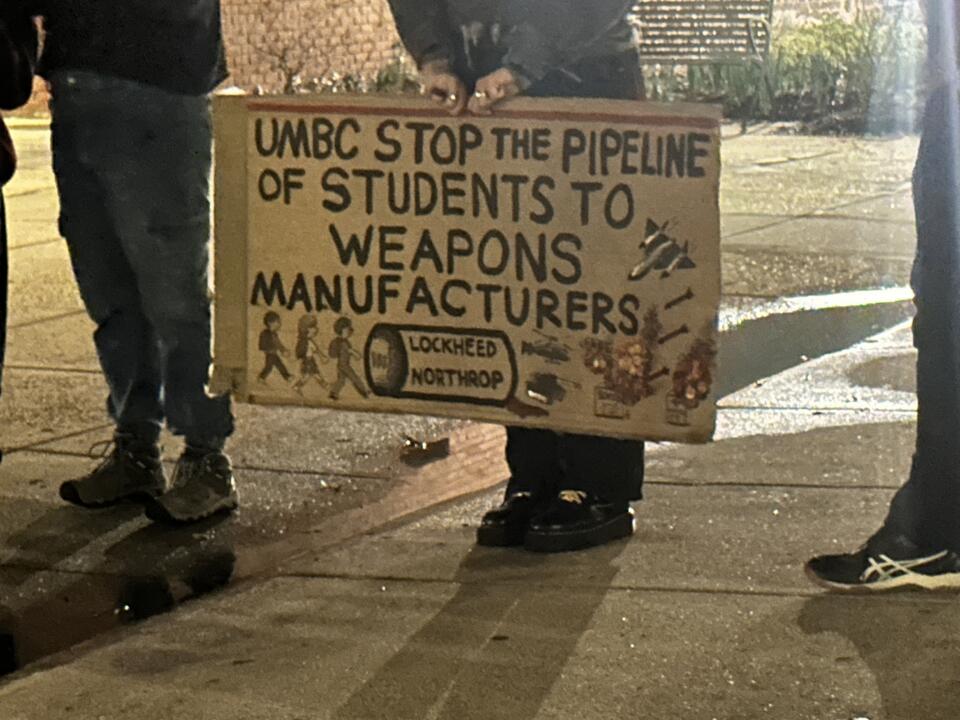Linda Wiratan, a junior biochemistry and molecular biology major, was selected out of a pool of 1280 applicants to be one of the recipients of the Goldwater scholarship.
“The purpose of the Goldwater scholarship is to financially support promising future Ph.D.-level researchers. They look for people who are already making real impacts on the world,” Wiratan said. The award was founded by US senator Barry Goldwater and is “the most prestigious undergraduate scholarship for STEM students in the US.”
She detailed the extremely competitive nature of the application process: “Each university must nominate four students (sophomores or juniors) for the national competition. Each student must write four personal essays and compete with their classmates to be nominated. Out of over 1200 nominees, only about 300 win the scholarship.”
Wiratan’s minor in creative writing may have made her stand out even more. She believes that her unorthodox combination of interests gave her a one-up on her competition.
“Goldwater applicants usually have quite a lot of research experience, but I think what set me apart was how I pursued my science passions outside of the lab. I strongly believe we should overcome divisions between the sciences and the arts, so I write poems and essays transcending arbitrary boundaries between academic disciplines, and I hope to inspire creative unity,” she said.
She had been interested in research for years. When asked about what spurred this interest, she said, “In seventh grade I was fascinated by how cells are both simple and extremely complex. As I learned more, I realized there is so much still undiscovered about a cell’s hidden life, so by college I knew I wanted to do research to be at the frontier of these discoveries.”
She already has her post-undergraduate goals planned out. When asked about them, she said, “I hope to pursue a Ph.D. in Cell Biology or Molecular Biology and conduct research on cell-environment interactions.” She also wishes to help “cultivate interdisciplinary and diverse science mentorships.”


